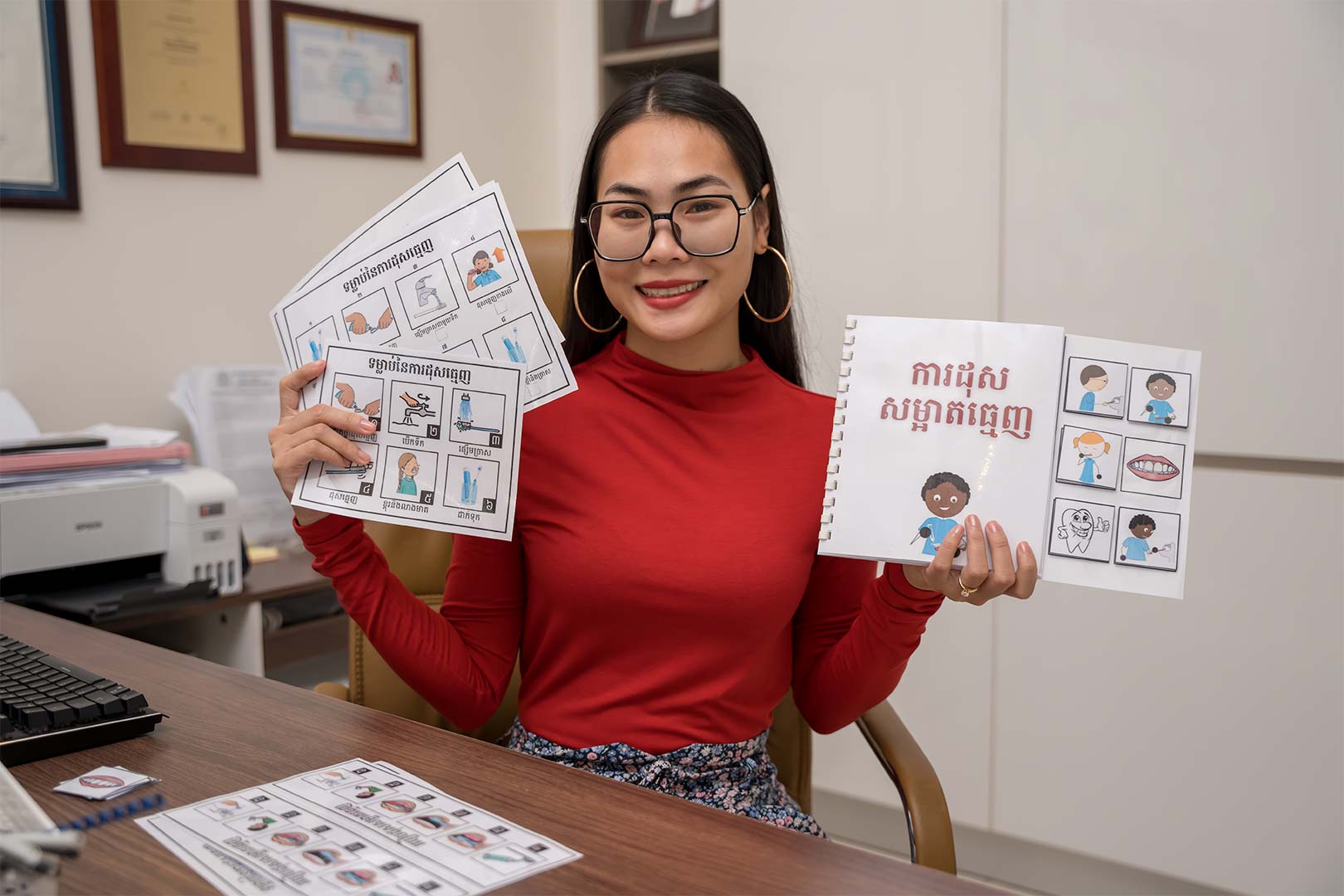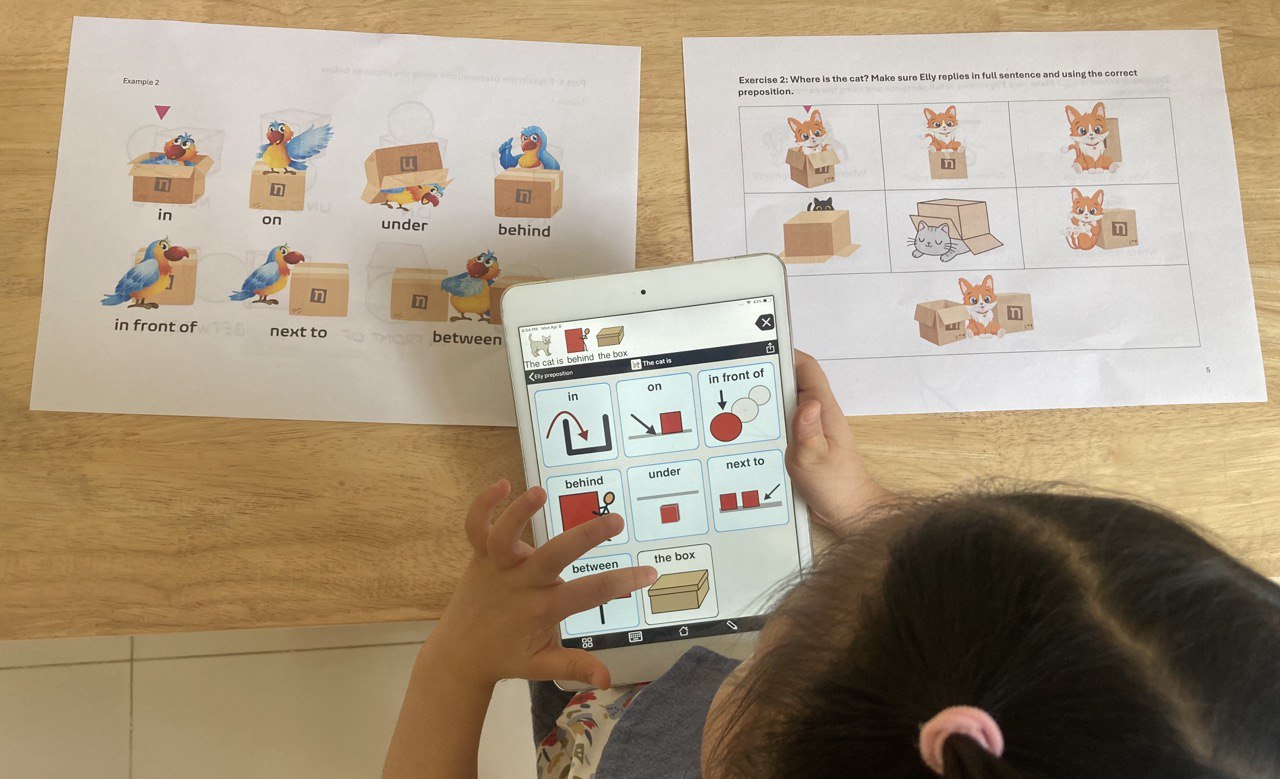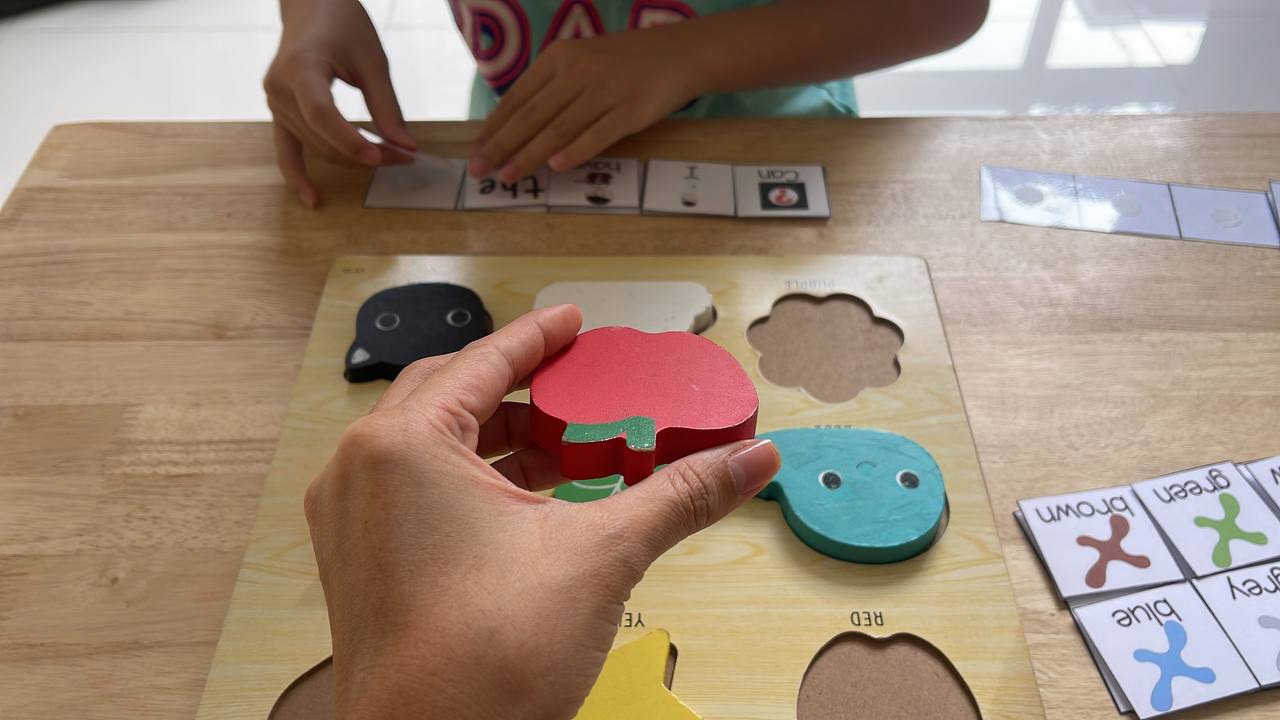Good oral hygiene is essential for everyone, but it can be especially challenging for children with special needs. Visual aids, such as cards, can be a helpful way to teach these students how to brush their teeth effectively.
Children with special needs may have difficulty brushing their teeth due to a variety of factors, such as:
Sensory sensitivities: Some children may be sensitive to the feel of the toothbrush, the taste of the toothpaste, or the sound of the water running.
Motor skills challenges: Some children may have difficulty holding the toothbrush or manipulating it in their mouth.
Cognitive delays: Some children may not be able to understand the importance of brushing their teeth or how to do it properly.
Behavioral challenges: Some children may resist brushing their teeth because they find it unpleasant or because they want to control their own body.
Here are some tips for using cards to teach special needs students to brush their teeth:
- Start by making a set of cards that illustrate the steps of brushing teeth. You can find templates online or create your own. The cards should be simple and easy to understand, with clear pictures and text.
- Show the student the cards one at a time and explain each step of the brushing process. Be sure to use simple language and gestures that the student can understand.
- Let the student practice brushing their teeth, using the cards as a guide. Be patient and offer praise and encouragement.
- Gradually fade out the use of the cards as the student becomes more comfortable with the brushing process.
- Use a toothbrush with a soft, easy-to-grip handle.
- Apply a pea-sized amount of toothpaste.
- Brush for two minutes, making sure to brush all surfaces of the teeth.
- Floss once a day.
- Make brushing teeth a fun and positive experience.
With patience and consistency, you can teach special needs students to brush their teeth effectively and maintain good oral hygiene.
Find out if your child needs extra support today!
- My child screams hysterically
- My child is mean to other children
- My child is always worried
- My child is scared to go to school
- My child is scared of loud noises
- My child doesn’t know how to read
- My child is scared to play outside
- My child does not respond to his name
- My child always gets in trouble
- My child fights with other children
- My child doesn’t know how to count
If you are concerned about your child’s development, contact us for Assessments: Phone/Telegram: 077.455.993 – Telegram Link: https://t.me/OrbRom
If you are concerned about your child’s development, contact us for Assessments.
Phone/Telegram: 077.455.993 Link: https://t.me/OrbRom






Leave A Comment